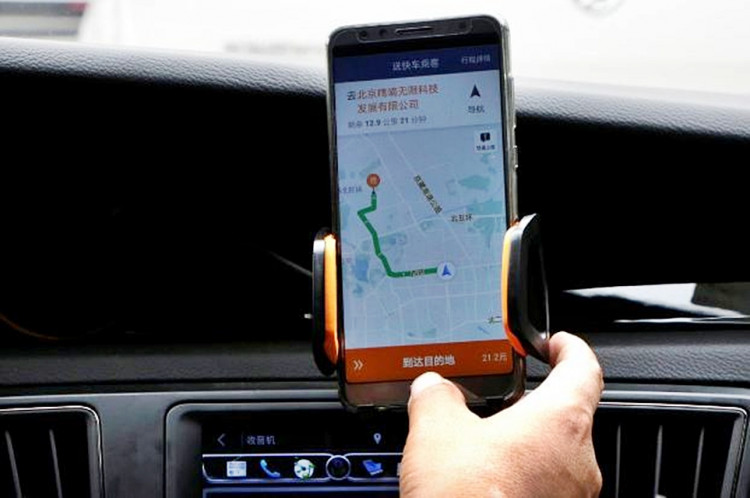Didi Chuxing Technology Company, China's leading ride-hailing firm and a serious player in artificial intelligence and autonomous technologies, will fire more than 2,000 employees in an unprecedented mass layoff in China's tech sector.
Chinese media reports confirm the number to be fired accounts for 15 percent of the company's total workforce. They also confirm earlier news that Didi CEO Cheng Wei said the company is preparing for difficult times and must readjust. The layoffs are seen as a short-term fix that will allow Didi to shift new personnel and resources away from ride-hailing to higher growth areas.
Also disturbing, put perhaps appropriate considering Didi's troubled operations, is news of Cheng telling employees last year the company has to do away with its single-minded focus on growth, which is also the source of much of Didi's current problems.
This reasoning seems to have been substantiated with news Didi plans to hire some 2,500 employees within the year. Sources in Didi cited by Chinese media said these new employees will be deployed to technology, safety, and offline management operations, but not in ride-hailing.
Didi, which is valued at $56 billion, is also struggling to cope with massive financial losses resulting from a slowdown in its operations caused by weak consumer demand and far stricter government regulations. It lost $590 million (RMB4 billion) in the first six months of 2018 alone, said Bloomberg. The full year 2018 picture is much worse.
Leaked Didi financial statements made public by news website 36kr reveal that Didi lost $1.6 billion (RMB10.9 billion) in 2018, an incredible 334 percent increase from the 2017 loss of $369 million (RMB2.5 billion). The company's expenses also skyrocketed, and Didi spent a massive $1.7 billion (RMB11.3 billion) alone on driver subsidies.
Before the new cutbacks, Didi had shelved some expansion plans in favor of continuously rolling out a series of compliance and safety measures. These tougher government rules were triggered by two assaults on Didi passengers last year, one of which saw a Didi driver rob, rape and murder one of his passengers.
The funding Didi relies on to fuel its diverse operations is beginning to dry up. There is also the inescapable slowdown in China's once robust economy. Didi now has to contend with the reality that Chinese venture capital deals in the December quarter plummeted 25 percent, and are now at their lowest since 2015.





